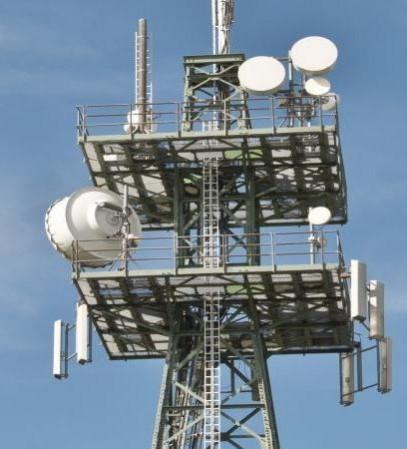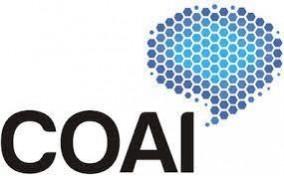
The Cellular Operators Association of India (COAI) has recently called upon the Indian government to alleviate the tax burden on telecom service providers (TSPs) in the forthcoming Union Budget 2024-25. The COAI believes that this move will significantly bolster the financial health of the telecom sector, which is currently wrestling with a multitude of challenges.
The Indian telecom industry has witnessed a considerable transformation over the years. The sector, which once comprised over ten companies in 2017, has now consolidated to three private and one public sector company. This optimal structure is believed to foster healthy competition. However, the sector has been adversely impacted by the Hon'ble Supreme Court Ruling of 2019 concerning the calculation of Adjusted Gross Revenue (AGR), which mandates telecom operators to pay additional AGR dues over an extended period.
COAI's Recommendations for Telecom Sector
In light of these challenges, COAI has put forth several recommendations on behalf of the telecom industry. One of the key suggestions is the abolition of the Universal Service Obligation Fund (USOF) levy. Given the substantial capital that TSPs need to invest, particularly for the deployment of 5G, COAI believes that the USOF levy should be suspended. Alternatively, the government could consider suspending the USO contribution of 5% of AGR until the existing USO corpus of approximately INR 80,000 crore is exhausted.
Lt Gen Dr S.P. Kochhar, Director General, COAI, emphasized the pivotal role of the telecom industry in providing affordable connectivity and inclusivity. He stated, "Reducing the TSPs' levy burden and facilitating investment opportunities are not just an economic necessity but a strategic investment for the country's future."

Tax Reforms and Customs Duty
Another significant recommendation by COAI is the reduction of the license fee from 3% to 1%. This move would cover only the administrative costs by the Department of Telecommunication/government, thereby relieving the TSPs from additional financial burden. The industry has also expressed concern over the definition of Gross Revenue (GR). COAI recommends that the definition of GR be made precise, stipulating that the revenue from activities for which no license is required should not be a part of GR.
On the issue of customs duty on telecom equipment, COAI has recommended that the duty be reduced to zero and then gradually increased depending on the creation of an ecosystem for manufacturing telecom gear in India. This recommendation comes in response to the increase in customs duty on telecom equipment to 20% over the past 5 to 6 years, which has put an additional financial burden on telecom companies and has impacted the rollout of 5G services in India.
Government's Response to COAI's Recommendations
Despite these recommendations, sources in the government have indicated that there are no plans to reduce the levies on telcos. The government has already provided the sector with a reforms package, along with structural and procedural reforms for ease-of-doing business. This suggests that the government may not be inclined to accept COAI's recommendations for further tax relief in the upcoming budget.
The telecom industry's expectations from the Union Budget 2024-25 are high, and it remains to be seen how the government responds to these recommendations. The budget, which is scheduled to be presented on July 23, will be a crucial determinant of the future trajectory of the telecom sector in India.
In conclusion, the telecom sector's plea for tax relief underscores the financial challenges it faces amidst technological advancements and regulatory changes. The upcoming Union Budget will be a critical juncture for the industry, potentially shaping its future growth and sustainability. As the sector awaits the government's response, the recommendations put forth by COAI highlight the need for strategic investments and policy reforms to ensure the sector's robust growth and its pivotal role in India's digital future.

















